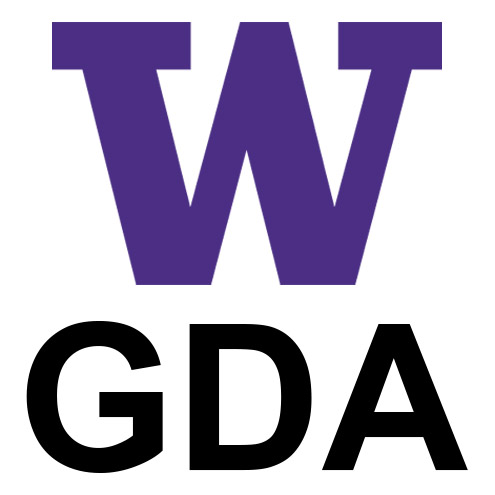Code of Conduct
Contents
Code of Conduct#
Our Pledge#
We as members, contributors, and leaders pledge to make participation in our community a harassment-free experience for everyone, regardless of age, body size, visible or invisible disability, ethnicity, sex characteristics, gender identity and expression, level of experience, education, socio-economic status, nationality, personal appearance, race, religion, or sexual identity and orientation.
We pledge to act and interact in ways that contribute to an open, welcoming, diverse, inclusive, and healthy community.
Our Standards#
Examples of behavior that contributes to a positive environment for our community include:
Demonstrating empathy and kindness toward other people
Being respectful of differing opinions, viewpoints, and experiences
Giving and gracefully accepting constructive feedback
Accepting responsibility and apologizing to those affected by our mistakes, and learning from the experience
Focusing on what is best not just for us as individuals, but for the overall community
Examples of unacceptable behavior include:
The use of sexualized language or imagery, and sexual attention or advances of any kind
Trolling, insulting or derogatory comments, and personal or political attacks
Public or private harassment
Publishing others’ private information, such as a physical or email address, without their explicit permission
Other conduct which could reasonably be considered inappropriate in a professional setting
Scope#
This Code of Conduct applies within all community spaces, and also applies when an individual is officially representing the community in public spaces. Examples of representing our community include using an official e-mail address, posting via an official social media account, or acting as an appointed representative at an online or offline event.
Enforcement#
Instances of abusive, harassing, or otherwise unacceptable behavior may be reported directly to the GDA course instructor (egagli@uw.edu or a direct message to Eric on Slack). All complaints will be reviewed and investigated promptly and with respect to the privacy and security of the reporter of any incident.
Additionally, through numerous policies, UW provides more formal channels for addressing violence, harassment, discrimination, and bias. Bias and violations of UW policy for nondiscrimination can be reported anonymously here. Sex and gender based violence and harassment is addressed here:
UW, through numerous policies, prohibits sex- and gender-based violence and harassment, and we expect students, faculty, and staff to act professionally and respectfully in all work, learning, and research environments.
For support, resources, and reporting options related to sex- and gender-based violence or harassment, visit UW Title IX’s webpage, specifically the Know Your Rights & Resources guide.
Please know that if you choose to disclose information to the GDA course instructor about sex- or gender-based violence or harassment, they will connect you (or the person who experienced the conduct) with resources and individuals who can best provide support and options. You can also access those resources directly:
Confidential: Confidential advocates will not share information with others unless given express permission by the person who has experienced the harm or when required by law.
Private and/or anonymous: SafeCampus provides consultation and support and can connect you with additional resources if you want them. You can contact SafeCampus anonymously or share limited information when you call.
Please note that some senior leaders and other specified employees have been identified as “Officials Required to Report.” If an Official Required to Report learns of possible sex- or gender-based violence or harassment, they are required to call SafeCampus and report all the details they have in order to ensure that the person who experienced harm is offered support and reporting options.
Title IX website: https://www.washington.edu/titleix/
Support and help page: https://www.washington.edu/titleix/resources/
Confidential advocates: https://www.washington.edu/sexualassault/support/advocacy/
SafeCampus: https://www.washington.edu/safecampus/
Officials Required to Report: https://www.washington.edu/titleix/title-ix-officials-required-to-report/
Related policies: https://www.washington.edu/titleix/policies/
Enforcement Responsibilities & Guidelines#
In order to maintain a safe and welcoming environment, when violations of our standards occur, the GDA course instructor reserves the right to take appropriate corrective action, and will communicate reasons for moderation decisions when appropriate.
Attribution#
This Code of Conduct is adapted from the Contributor Covenant, version 2.0, available at https://www.contributor-covenant.org/version/2/0/code_of_conduct.html.
Community Impact Guidelines were inspired by Mozilla’s code of conduct enforcement ladder.
For answers to common questions about this code of conduct, see the FAQ at https://www.contributor-covenant.org/faq. Translations are available at https://www.contributor-covenant.org/translations.
